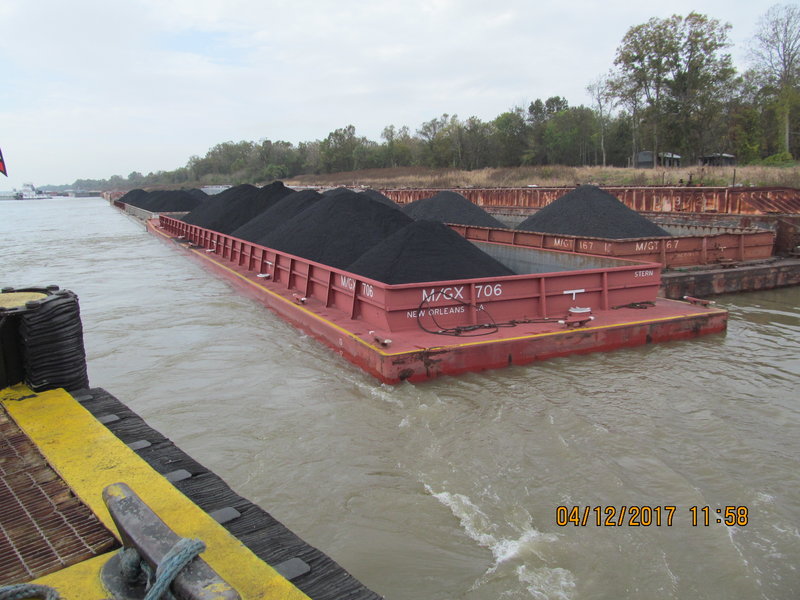Over the last four decades I have bought and sold transportation stocks of publicly traded railroads and truck lines (nearly all barge lines are not publicly traded). I have avoided airline stocks because of the companies’ susceptibility to catastrophic events that are out of their control.
I am reevaluating my comfort position with rail transportation stocks in response to a level of risk that I had not previously considered: tariffs on foreign trade that trigger possible trade wars. Some of the affected foreign trade industrial sectors are important to railroads and barge lines, such as steel and agriculture.
U.S. steel imports have declined substantially before the recent tariffs. However, the U.S. is a major exporter of soybeans. The biggest U.S. customer for soybeans is China, which has purchased nearly two-thirds of all U.S. soybeans. China has announced retaliatory tariffs on U.S. imports such as soybeans. There is concern that a protracted trade dispute with China could have a substantial impact on its purchases of U.S. soybeans.
The bulk cargo freight sectors that rail and barge have dominated are susceptible to familiar market risks and fluctuations. For example, in recent years advances in drilling technology have changed the game for natural gas, displacing about one-third of the domestic coal market. While technological change such as this is difficult to predict, it is not impossible to apply observed market changes to investment portfolios. For example, the bankruptcies of nearly all major domestic coal producers east of the Mississippi River could have been foreseen given fracking technology and the virtual collapse of natural gas prices from $12 to $3 per million cubic feet.
However, the recent spate of tariff threats by the U.S. and retaliation from our trading partners are not predictable and logical in their effects. For bulk cargo transport sectors, these tariffs introduce another level of market risk that is difficult to quantify and hard to respond to.
One response is to reduce risk by lightening up on bulk cargo transport sector investments. Another is to commit more heavily to these sectors if the prices are favorable as risk sensitive investors bail out. As industrial sectors affected by tariffs become riskier, investors will respond.




